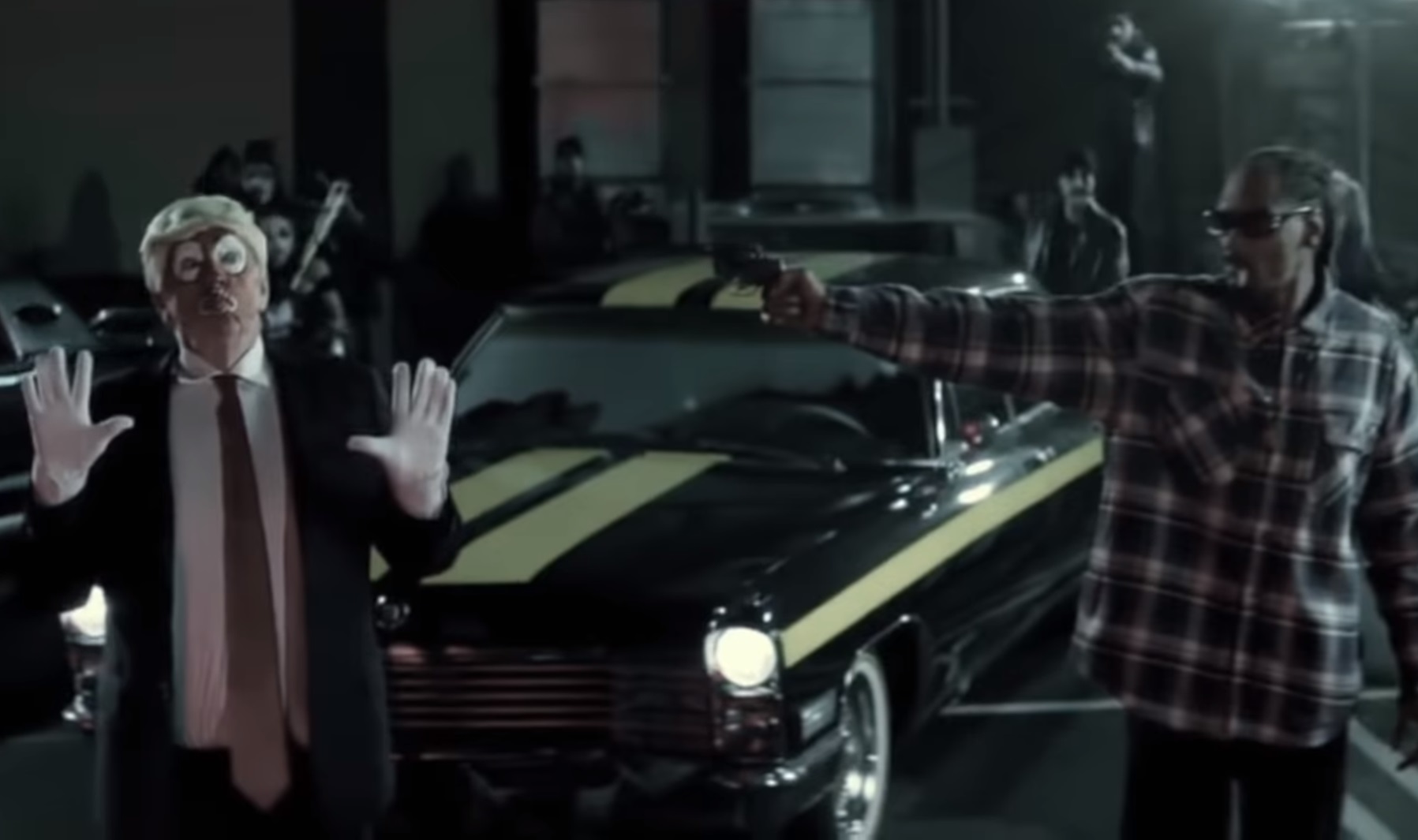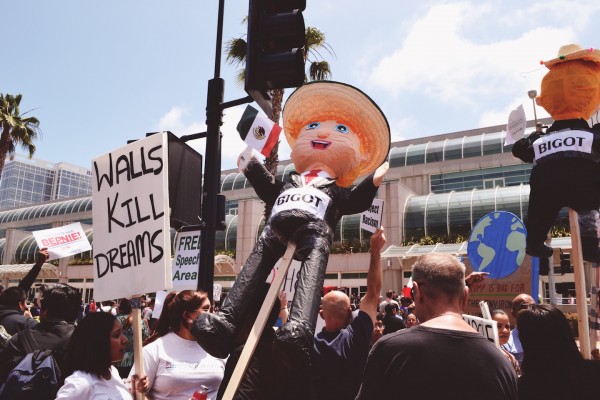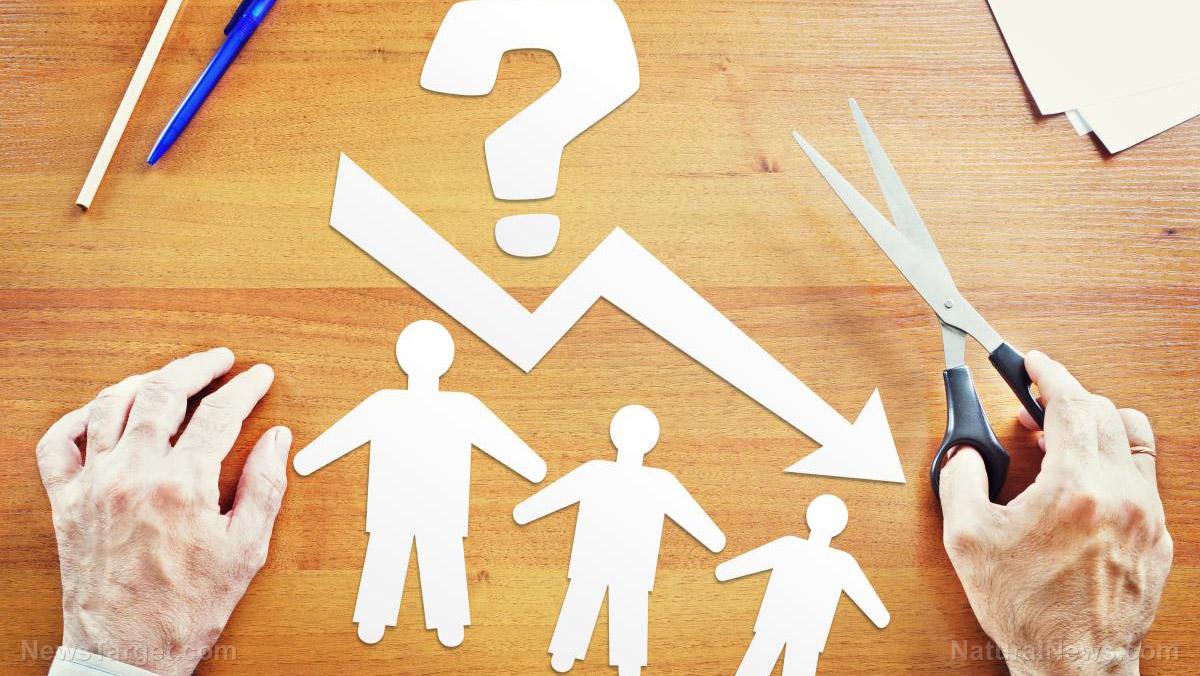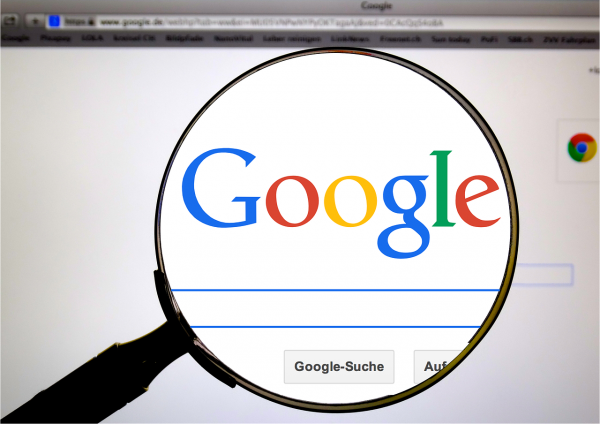Though American currency is supposed to be considered legal tender for all debts, public and private, fast approaching is the day when cash will no longer be considered king – and another large chunk of your liberty will be gone.
That’s because the world is moving towards a cashless society, and the United States is helping to lead the way.
Already the country of Sweden is essentially cashless, reports CBS News. There, businesses require most customers to pay with their mobile phones, debit cards, or credit cards.
The United States is certainly trending that way. Every month, more and most businesses are snubbing the dollar and requiring customers to pay in cashless fashion. One merchant that refuses cash is SweetGreen, a salad chain. Employees inform customers when it comes time to pay to keep their cash stashed and whip out a cell phone or a piece of plastic.
That is also trending among vending machines. Many now do not accept any form of cash but instead take only plastic cards or mobile wallets.
It used to be that businesses could not refuse legal tender to settle debts and required payments. But the U.S. Treasury has given private businesses permission to establish their own forms of payment.
“What we’ve seen is a push toward electric payments because of convenience, especially for Generations X and Y and onward,” Greg Burch, vice president of strategic initiatives as Ingenico Group, a firm that makes payment systems for merchants, told CBS News. “The phone has become more personal than the wallet has.”
But perhaps the worst thing is the loss of privacy. Every electronic transaction is, of course, traceable, even if you’ve done nothing wrong. Like electronic communications – cell calls, text and instant messages and so forth – now every single thing you buy will be tracked, traced and, eventually, stowed in some government database somewhere, or a corporate IT center so you can be inundated with unwanted sales pitches.
Believe it or not, there is one state that has blocked businesses from banning cash: Massachusetts, which is not really known for its stance in support of constitutional liberties (like gun rights).
There is another reason why cashless economics is a bad thing. As noted by Zero Hedge, forcing everyone to keep their funds in banks as electronic assets, financial institutions could turn around and coerce people into spending rather than saving by imposing negative interest rates and other financial vehicles that make deposits more expensive.
But Scott A. Shay, chairman of Signature Bank, says the biggest threat is to our freedoms. Writing for CNBC, Shay says “econgularity” – a term describing an approaching moment when technological snooping capabilities, ease of manipulating big data and the cashless society all converge – will “permit governments to exercise incredibly powerful control over all human behavior.”
Still, there are those who are celebrating – and pushing for – the cashless society to happen. Writing in the Harvard Business Review, researchers from Tufts University said the faster the U.S. could move toward a cashless society, the better – so the government can save $200 billion a year in costs to maintain currency.
At least now, Americans know the price of complete control and servitude.
Sources for this story include:
CNBC.com
ZeroHedge.com
CBSNews.com
HBR.org



















